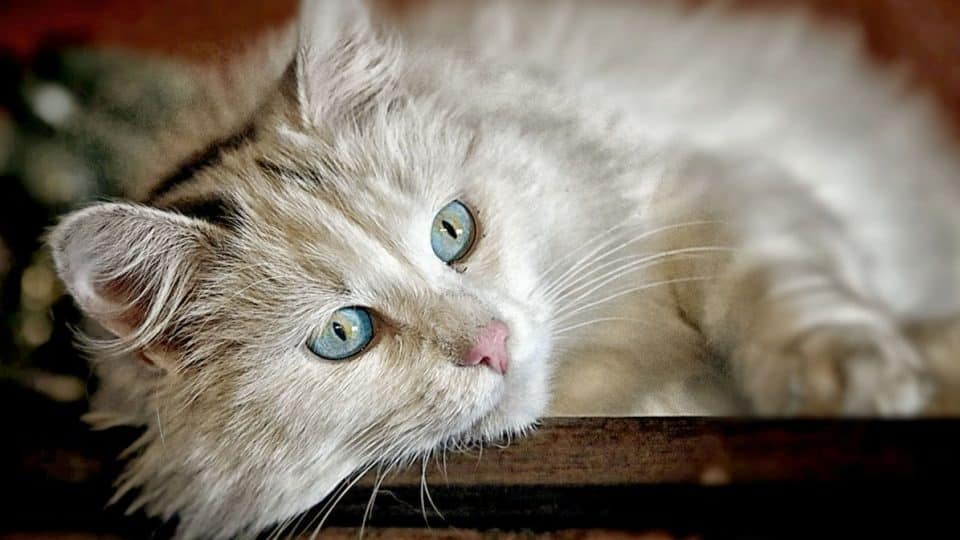A study released this month in the journal Science Report proves cats really do recognise their names when we say them! However, the same study reveals that most cats can’t be bothered to respond.
The field of feline science has had a boom over the last few years, which not only provides insight into the UK’s second-favourite pet, but also into the process of domestication itself. Read on for more about how cats recognise their names, advice on cat naming, and what we know about cats and their relationship to humans.
Cats react to the sound of their name
In the study, owners repeat a list of words that sound similar to the cat’s name, then say the cat’s name. And while an ear might perk up at the sound of the first almost-right name, the reactions would fade away until the cat hears her actual name being said.
When the feline subjects hear their name, reactions varied from moving their ears, heads, and tails, to meowing back to the speaker. Sounds about right!
Cats know the name of other cats they live with
In another part of the experiment, researchers had owners of multiple cats try the test with all cats present and observed how the cat being called reacted as well as the other cats in the family.
The cats clearly distinguish their name from the names of the other cats they live with—but sometimes chose to come when another cat’s name was called, anyway.
Scientists speculate that this is due to the behaviour being frequently rewarded with something nice like strokes or treats. But whether this behaviour is from jealousy for attention, or just positive reinforcement, remains to be seen.
Cats know their owner’s voice
Another study at Sophia University in Japan proved that cats respond more strongly to their human’s voice than to a stranger’s voice. Researchers looked at how a cat responds to the sound of their name being said by their person’s voice versus someone unfamiliar.
While the cats responded positively to their person’s voice, they tended to have a neutral or even negative response to the sound of a stranger saying their name.
Cat’s don’t understand tone of voice as well as dogs
While your cat definitely knows your voice from that of a stranger, she doesn’t put a lot of stock into the emotional tone of your voice. Scientists speculate this is due to the social dynamic of dogs versus cats, who tend to be loners in the wild.
The fact that humans domesticated dogs and selectively bred them for trainability is another part of that equation. Cats, on the other hand, seem to have domesticated themselves around 8,000 – 10,000 years ago. Humans and cats developed a co-dependence, with cats enjoying the bounty of vermin available around human settlements and humans benefiting from the pest deterrence.
Cats are basically still wild animals
The same study showed that very little had changed ‘under the hood’ of a cat, so to speak, over time. This was accomplished by comparing data from over 200 feline DNA samples from antiquity to today. That means if we went all Jurassic Park on an ancient Egyptian cat mummy, the resulting kitten would be virtually indistinguishable from a modern domestic cat.
Unlike dogs, who were bred for specific jobs, appearance, and temperaments, we’ve never asked more from cats than pest control and the occasional nose boop.
Another interesting finding from the study shows that humans did not begin breeding cats for specific coat colours until the Middle Ages, and that the signature tabby coat came from the cats of the Ottoman Empire.
The best way to name your cat
Another recent study shows cats can hear a wide range of the human voice and prefer melodic human sounds. So unlike dogs, who do best with a short and simple name, you may do better catching your kitty’s attention with a longer name with lots of pitch variation.
Cat naming advice from T.S. Eliot
Training your cat to respond to her name
Socialisation in cats can begin as early as 17 days of age. Because of this, it’s important that young kittens are handled gently and spoken to frequently from a young age to avoid any fear or skittishness later on.
As soon as kittens are trying solid foods, you can begin training them to respond to their name using food rewards to create a positive association.
_
Featured Image: Inside Science




